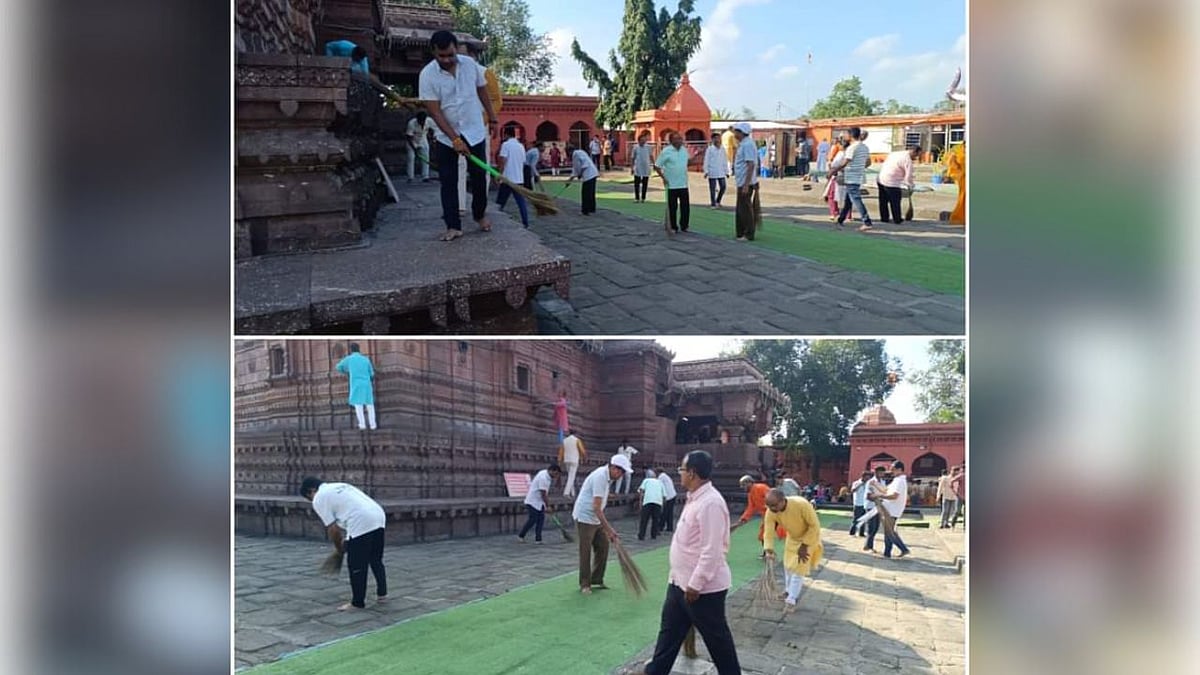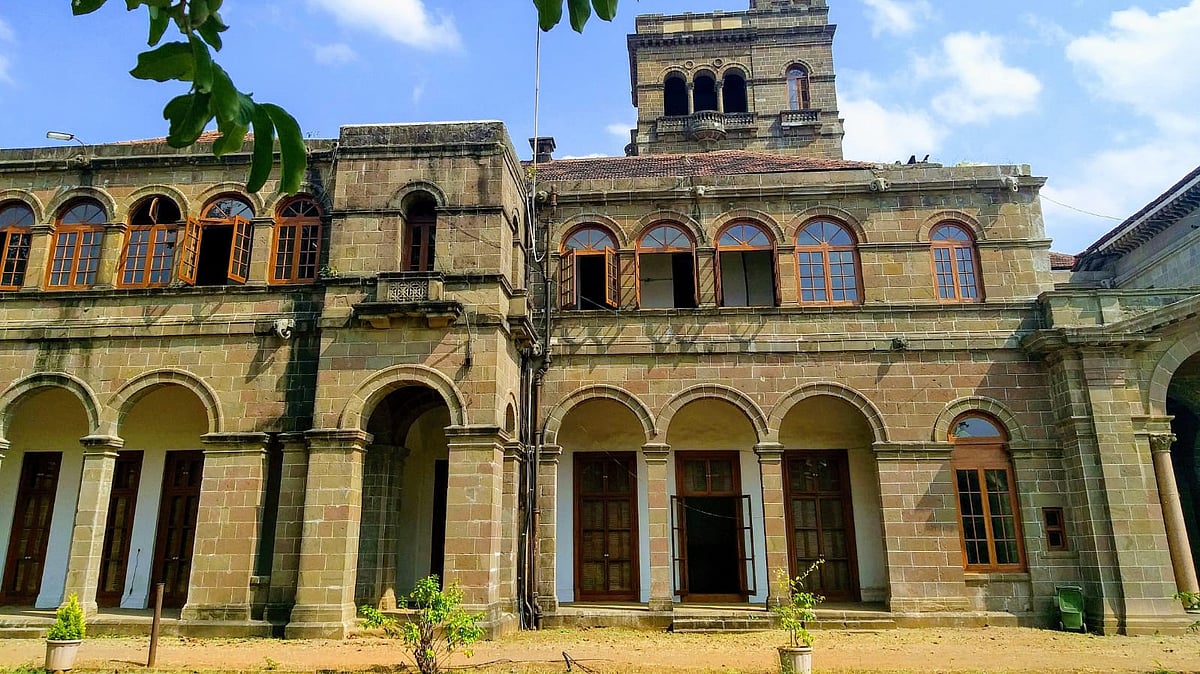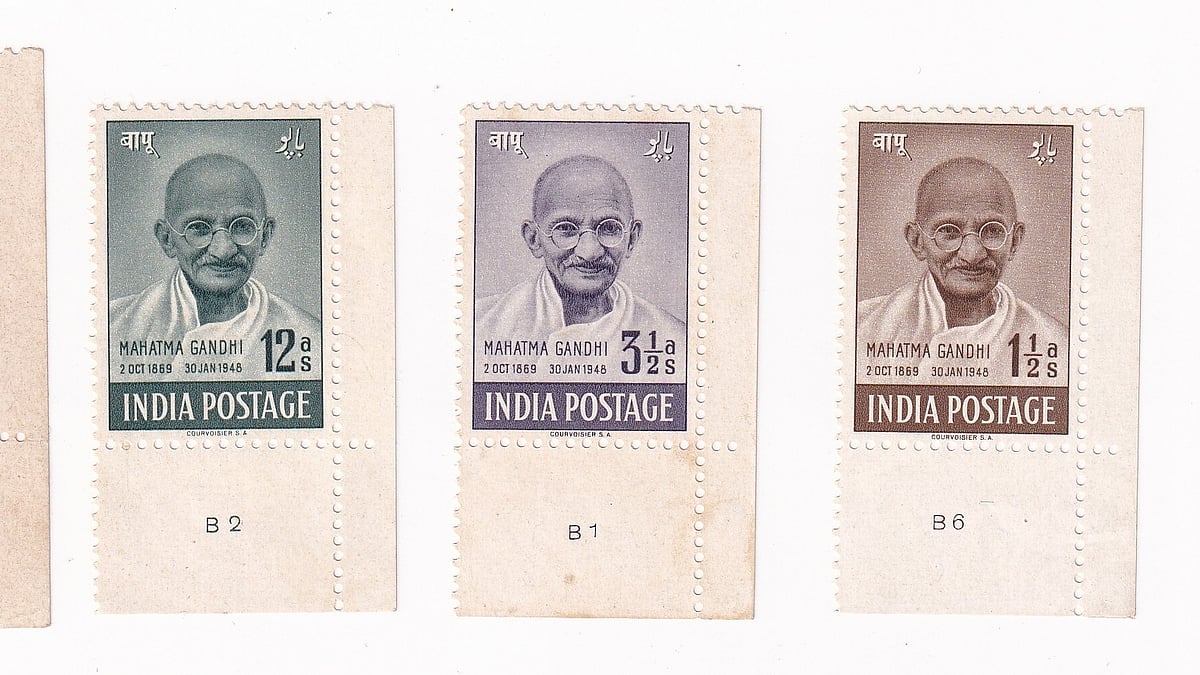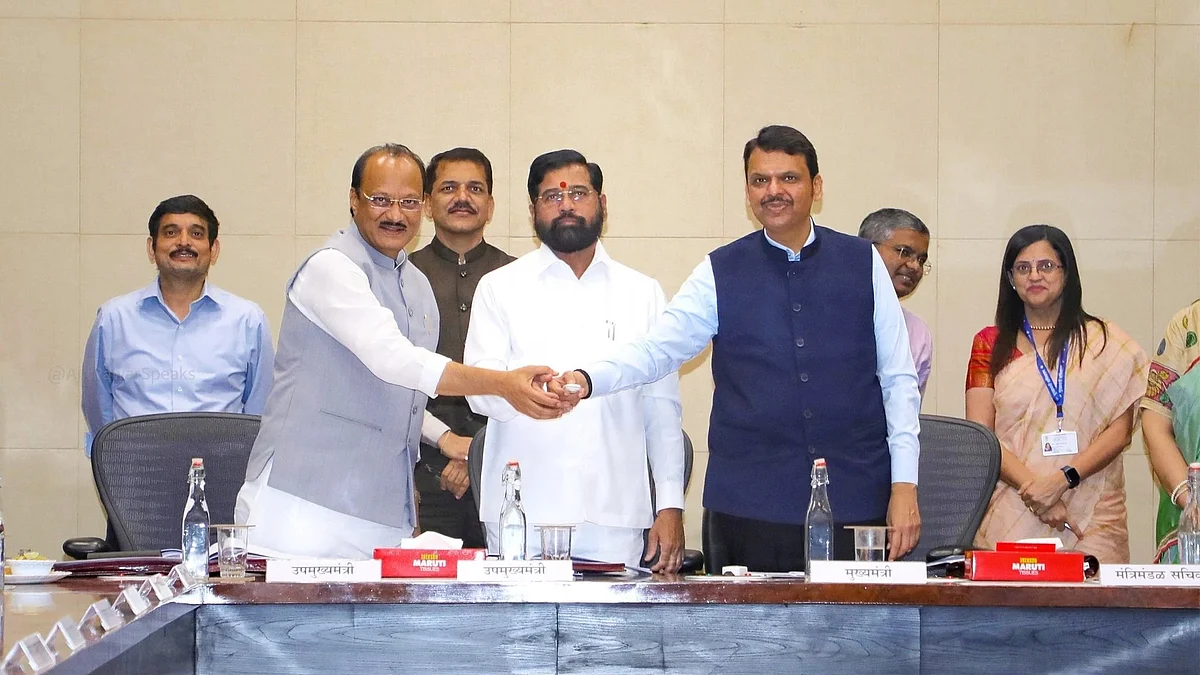Mumbai: On April 24, a Hingolir-esident was reunited with his family after 17 years. After disappearing from his house without leaving any clue, he was traced to a mental institution in Chennai in February this year. He was brought to Mumbai, rehabilitated and then reunited with his family.
On April 22, a Malegaon-resident was reunited with his family after two months. His family had moved out from the address he remembered, but with the help of a friendly community head, a video was created and sent to various groups on messenger app. By 11 pm on Eid night, his family was traced and reunited.
From 5-bed set up in Borivali to 120-bed setup spread over 6.5 acres in Karjat
These are just two examples of how Shraddha Rehabilitation Foundation reunited people who wandered away from their family due to mental illness and were missing, some of them for years. Founded by Magsaysay awardee psychiatrist Dr Bharat Vatwani in 1988 with a 5-bed set up in Borivali, it has now been expanded to 120-bed setup spread over 6.5 acres in Karjat where on an average 130 patients are being treated at any given time.
In the last two years, the foundation has successfully reunited more than 2,000 patients with their families. The success rate of government mental institutions reuniting patients with their families is very dismal. This even prompted psychiatrist Dr Harish Shetty to file a public interest litigation in the Bombay High Court highlighting the plight of patients languishing in mental hospitals despite being cured or even when they are not seriously mentally ill. The PIL was inspired by the case of a woman who had spent over 12 years at a mental institution, including seven years as her husband refused to take her back, despite her having recovered. During several hearings, the HC questioned the state authorities why the government has not been able to reunite patients with their families with all its resources.
The government even faced flak from the HC for the non-functional State Mental Health Authority – which is constituted to supervise implementation of the Mental Health Act, 2017.
Know the reason why the foundation is ahead of government institutions
So why is it that Shraddha Rehabilitation Foundation, a fully charitable non-governmental Organisation, is able to reunite more patients in a year than the government institutions have in a decade?
“Investment in good social workers who love doing what they are doing,” says Dr Vatwani who has been personally involved since last 35 years. The doctor said that currently they have more than 50 full time staff in addition to visiting psychiatrists. The staff at the foundation are from various parts of the country. They can speak and/or understand several languages in the country, which helps in breaking the first barrier while interacting with wandering destitute.
“Whenever a new homeless person is brought to our place, the staff first tries to identify from which part of the country s/he is from. Once identified, the staff who knows that language speaks with the person in his/her language and that starts the ball rolling,” said Dr Vatwani.
Once the person hears his/her language, they are more than willing to talk and help giving details which they remember.
Dr Vatwani’s work is so well known that mental institutions from even other parts of the country contact his foundation when they are not able to identify a patient’s roots. “My staff visits the institution and engages with the patient. After identifying from which part of the country the patient is from, they try to find the family,” he said. The patient is then brought to the foundation, where s/he is treated and assessed before reuniting with family.
Language is the biggest barrier in reuniting patients
Dr Vatwani says language is the biggest barrier in reuniting patients with their families. “If one doesn’t know the language of the patient then how can it be assessed what ails him/her? There are cases where patients are unable to convey their kin’s contact details due to communication gaps. This is the reason they continue to stay in mental institutions,” he added.
To break this communication barrier, there has to be a sufficient number of staff who are well versed with various languages. “The government and mental institutions are not willing to invest in social workers/ staff. And there is so much inertia on the part of mental institutions,” lamented Dr Vatwani.
Dr Vatwani gave an example of a patient who had been in a mental hospital in Chennai for a long time. He said when his staff visited the hospital, one of them recognised that the patient was speaking in a Punjabi dialect. “From there it was easy to trace his family. When my staff went to drop him at the village, his family gave Rs1,000 to my staff out of gratitude,” added Dr Vatwani.
One of the points raised in Dr Shetty’s PIL was that the families were unwilling to take back patients despite their recovery. “I have been doing this for 35 years now. I find it difficult that families do not want their family members back. You have to show the patient in a recovered condition to the family. Then there is no way they will refuse,” Dr Vatwani said, adding that the government mental institutions “fail to go the last mile”. The mental institutions write letters to the family of patients asking them to take the patient back. “They (mental institutions) never go and present the patient in good condition before the family. If the patient has recovered, then why will the family not take back the patient?” asks Dr Vatwani.
Rehabilitation of cured patients
The foundation has recently signed a Memorandum of Understanding with the state government for rehabilitation of cured patients.
Governments of Gujarat, Tamil Nadu and Himachal Pradesh are very proactive and refer patients from Maharashtra for rehabilitation. They have never been referred to any patients by governments of Bihar, UP and Punjab.
Apart from reuniting patients, the foundation spreads awareness amongst family and the community. “The awareness has to be spread at the individual, family and the community level. This is necessary to break the stigma around mental health,” surmised Dr Vatwani.








